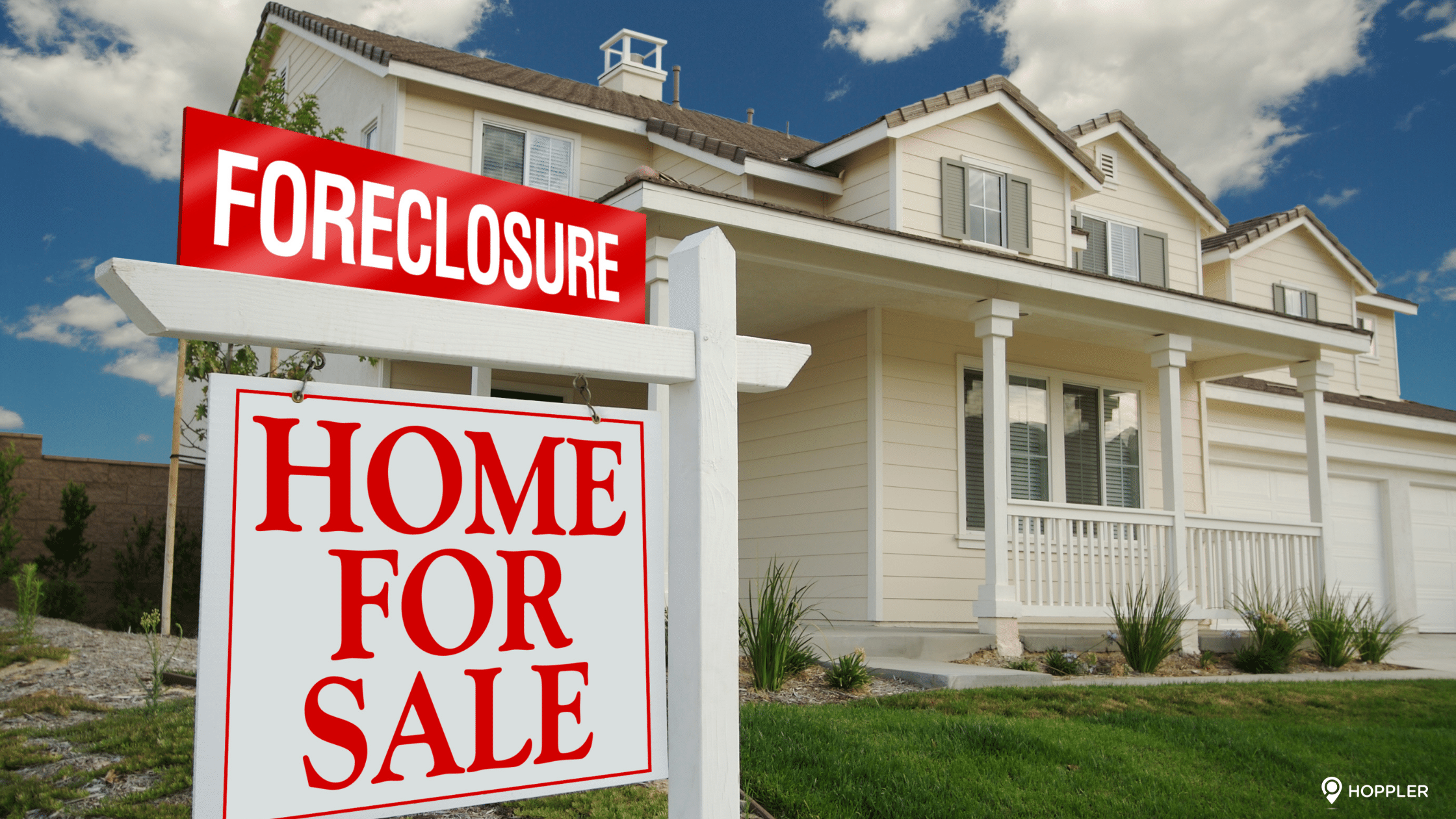Fees You Need To Prepare for Before Renting a House
There’s more to renting than meets the eye. Renting a house or condominium may come off a bit daunting especially when you’re not familiar with the terms, conditions and more importantly the fees it entails.
Here are 4 fees you need to prepare for if you’re considering renting a house:
-
Security Deposit
Most landlords will require a security deposit before you move in. Security deposit is the amount given to the landlord to guarantee that you will fulfill the terms of the rental agreement and that you will leave the unit in good condition. If you damage the property or leave owing rent or other bills, your landlord can use your deposit to cover what you owe.
If you’re planning to rent a unit in a condominium, the security deposit may depend on the class of condominium. For low-end or low-cost condos, they usually only ask for 1 month security deposit. By custom in middle and high-end condominiums, rents are paid in advance with post-dated cheques for the duration of the lease contract, usually 1 year. Contracts usually state security deposits worth 2-3 months’ rent.
Quick tips:
- To facilitate return of the deposit, make a list of damages and necessary cleaning on the day you move in, with copies for both you and the landlord.
- If the full deposit is not refunded, the landlord is required to provide a written statement within 30 days (or up to 60 days if stipulated in the lease) explaining the reason for any portion withheld.
- If the landlord does not comply, you may take legal action.
-
Advance Deposit
Landlords are free to ask for several months’ rent in advance but it is worth emphasizing that what the law provides is that the lessor cannot demand more than one month advance rent or more than two months deposit (Section 7, Republic Act (R.A.)No. 9653 otherwise known as the Rent Control Act of 2009). This act applies to residential units in the National Capital Region and other highly urbanized cities which rent at or below ?10,000; and ?5,000 or below in all other areas in the country.
-
Association Dues
A condominium association due is payment due each month for expenses relating to maintenance and community operations and is collected by the property management office. The fee charged by the association is used to fund maintenance and improvements for property under their jurisdiction. These funds will be taken out from the association dues that you have paid for.
The cost of association dues vary in every project, depending on the operating expenses of the building. Association dues are usually in the range of P70 – P100 / square meter.
-
Utilities
In addition to rent, if specified in the tenancy agreement, the tenant may also have to pay for services. Electricity, gas, telephone, water may only be charged if the property is individually metered and if the tenant and property manager/owner have agreed in advance how a contribution is to be calculated and paid. This should be included in the tenancy agreement. For insurance, tax and rates, the property manager/owner pays for rates, property insurance and land tax.
Renting a house is a great a way to live affordably. However it’s important to be prepared of what you’re getting into especially in the financial aspect. It’s best to ask the right questions before signing a lease and keep the lines of communication open with the landlord.
Looking for a new home? Contact us now and we’ll help you pick the perfect place.



